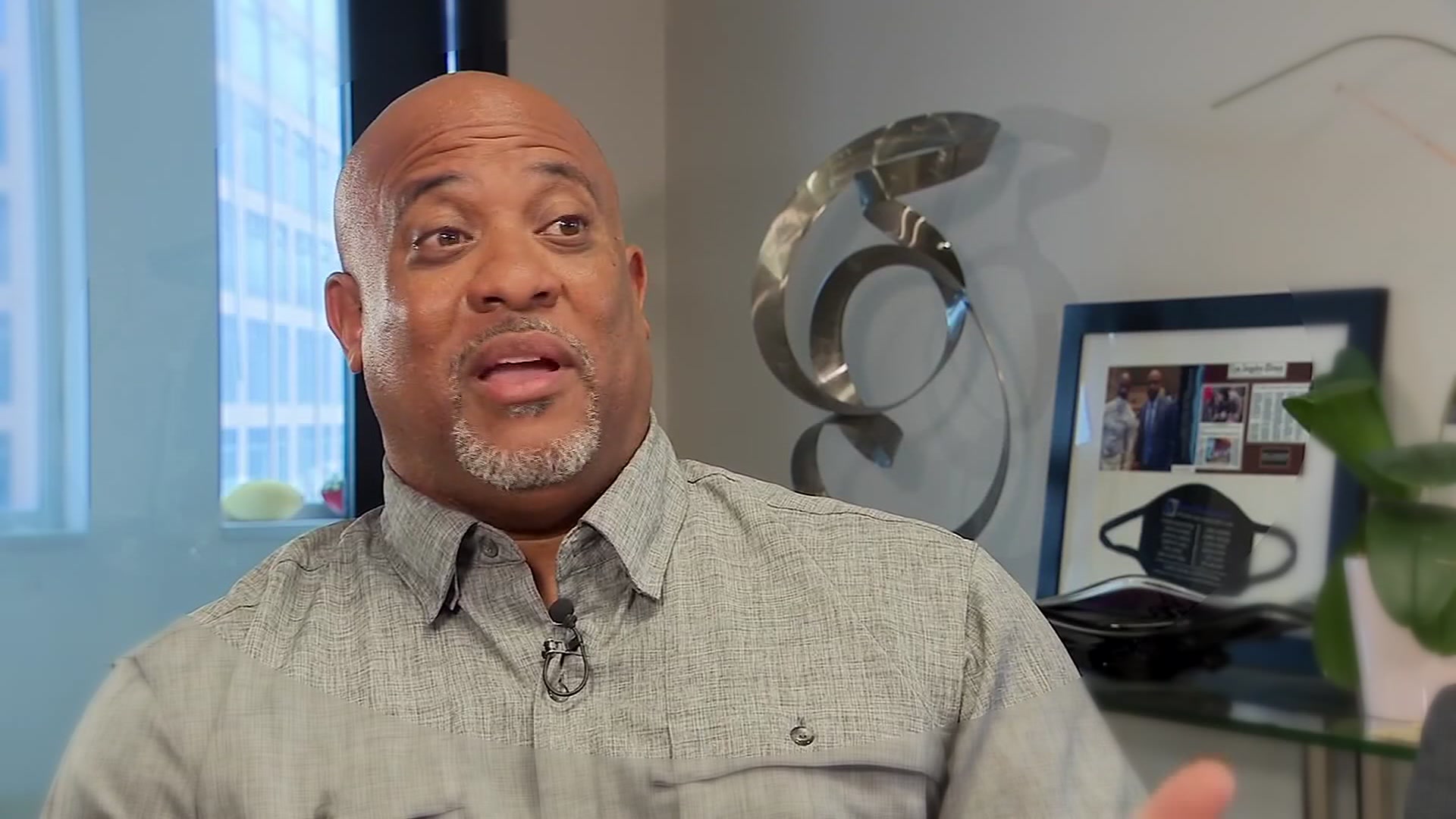Like just about everything else in 2020, your income taxes will look different this year.
Between unemployment benefits, CARES Act assistance and stimulus payments, you may have questions about your income taxes.
How Will Unemployment Benefits be Treated?
Unemployment benefits count as taxable income, explains Madhu Ahuja, a Plano-based CPA with Ahuja & Clark.
Check your records to confirm if you had federal income taxes withheld from your unemployment benefit payments. As the Texas Workforce Commission explains, it withholds 10% of the gross amount of each payment.
“If income taxes have not been withheld at the time of payment of the benefits, then you must run an estimate before year-end to calculate the tax payment,” Ahuja explained.
The IRS offers this free tool online.
Local
The latest news from around North Texas.
That way, you avoid a surprise bill later.
What about Stimulus Payments?
Earlier this year, the CARES Act included Economic Impact Payments to some households. That money is not counted as taxable income and won’t reduce your refund. Instead, it’s treated like a refundable tax credit as part of your refund in 2021.
The IRS does, however, want you to keep the notice you received about that payment with your 2020 tax records.
Is Rental Assistance Counted as Taxable Income?
The CARES Act also provided for direct assistance in the form of rental and utility help. Depending on where you live in North Texas and the type of program, governments and nonprofits helped distribute the money – paid directly to landlords and utility companies.
“This should not be taxable income to the recipient because they're not receiving it. The landlord is receiving it or the utility company is receiving it. It will be included in their revenue,” Ahuja explained.
Ahuja recommends tax filers who still have questions reach out to the agency that provided the aid to confirm.
Rules Around Charitable Contributions Changed in 2020
Lawmakers included some tax incentives in the CARES Act legislation this year in order to encourage charitable giving.
One change established an above-the-line deduction, allowing a write-off of up to $300 in cash donations to charity. You can claim it even if you take the standard deduction.
Filers who itemize deductions can claim a larger write-off of up to 100% of their adjusted gross income for cash contributions to qualifying charities.
Retirement Plan Changes
There were several changes to retirement plans in 2020.
One of the key changes is that the CARES Act allows people under the age of 59 and ½ to take up to $100,000 out of retirement accounts without the 10% penalty.
But it is still taxed as income, explains Ahuja and you had to have been impacted by coronavirus.
Additionally, Ahuja says required minimum distributions for people who turn 70 and ½ are suspended for 2020.
PPP Loans and Deductible Expenses
The rules around the forgivable Paycheck Protection Program loans have shifted and changed over the course of 2020.
Initially, businesses took PPP loans believing the help would be tax free. Later, the IRS issued a ruling saying expenses, like payroll, paid with a forgivable loan were not deductible expenses.
But over the weekend, Congress announced an agreement on a new stimulus package. The legislation was not available for a full review Monday afternoon, but it appears lawmakers agreed those business expenses could be deducted.
Kevin Brown, co-owner of Seven Doors Kitchen & Cocktails told NBC 5 Responds he hopes the assistance meant to help businesses through the pandemic won’t end up counting against them on their tax bill.
“I certainly am grateful for any money I got, but if you get $38,900 and you have to pay taxes on that, that doesn't cover much,” Brown said.



